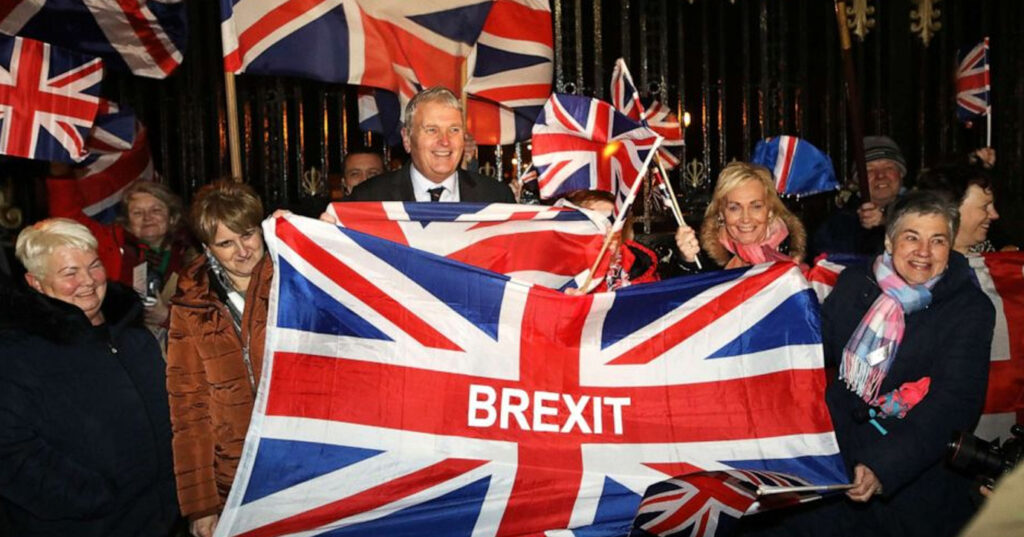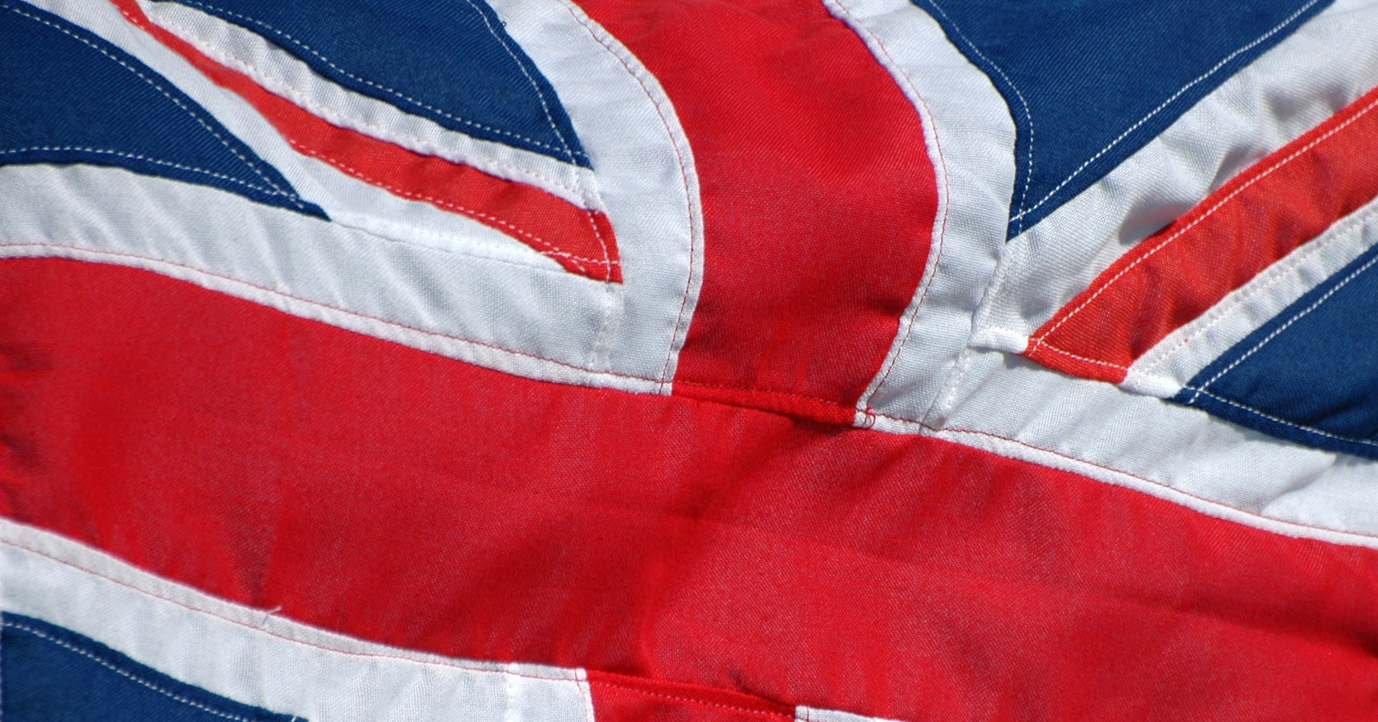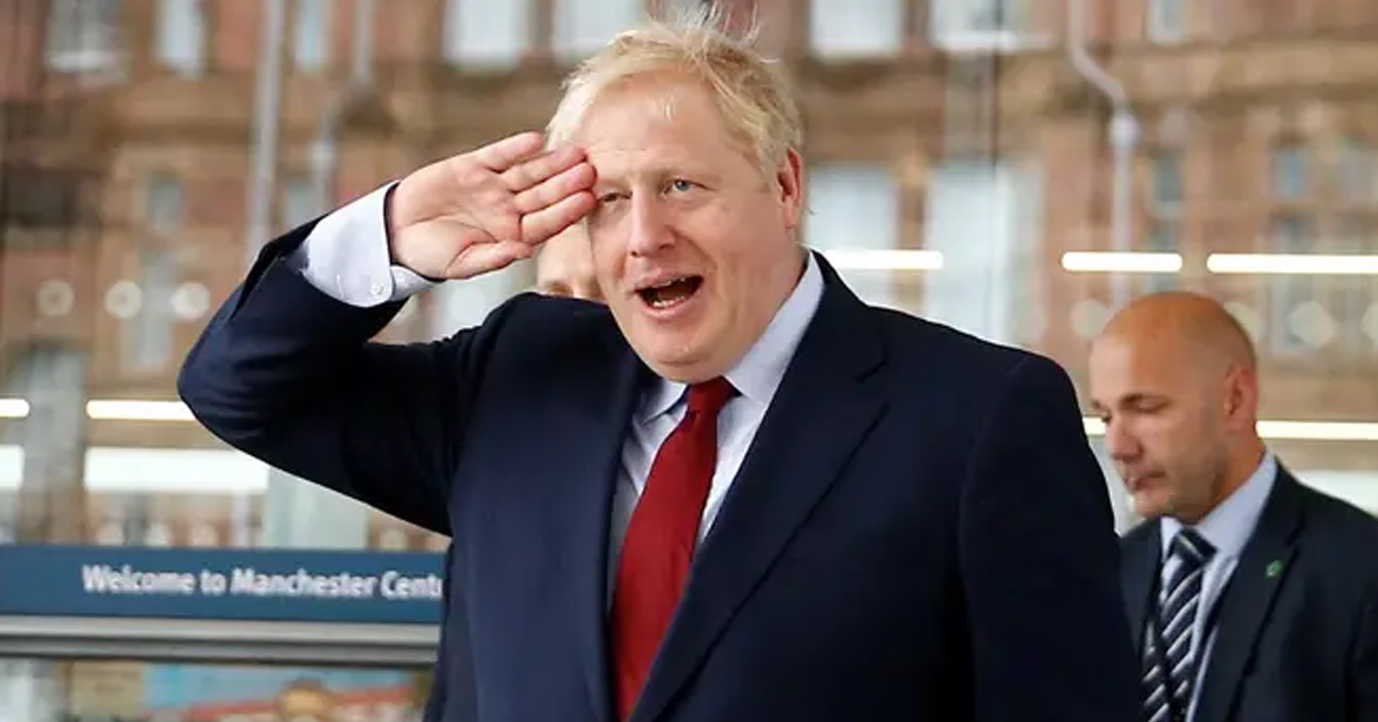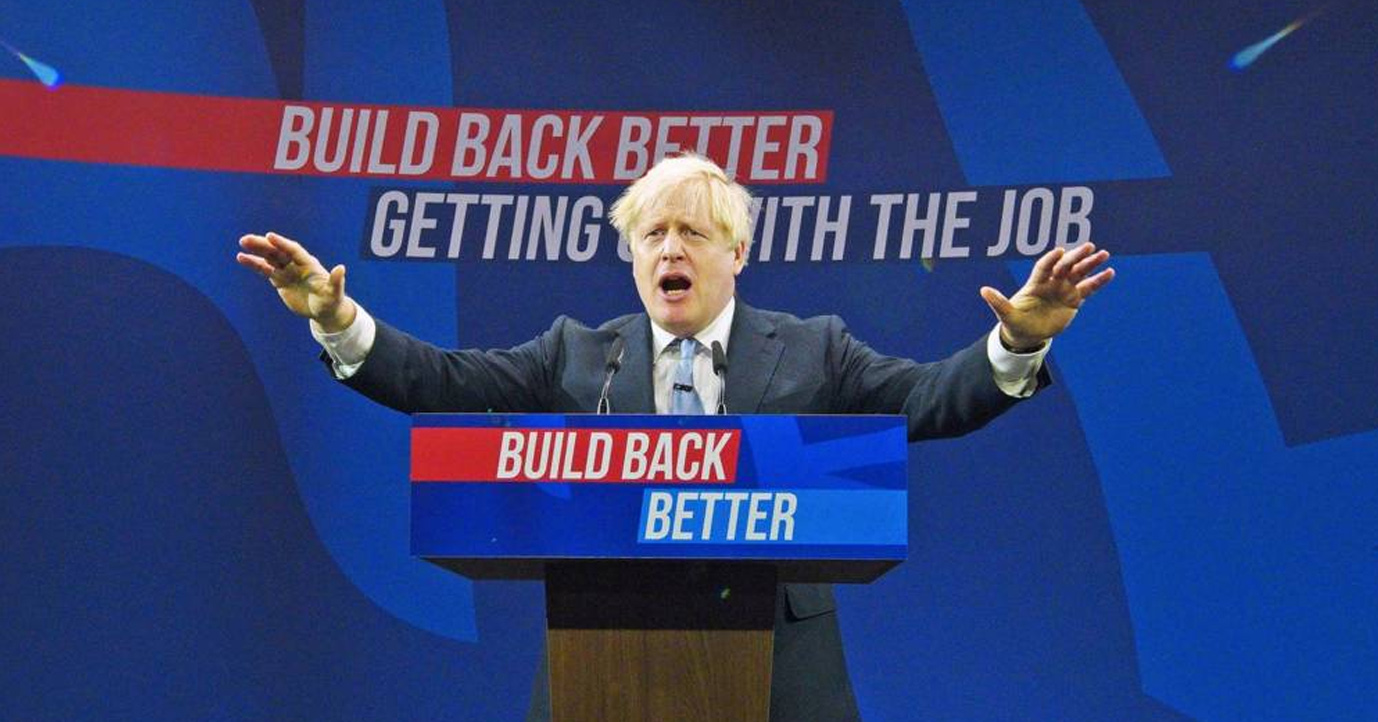
The UK’s future relationship with the European Union increasingly hinges on a question that for many years seemed settled: the Irish border. I wanted to hear from the people on either side of it: what they hope for and fear from the Brexit settlement, and the consequences they see for relations between North and South and the future of the Union. Tomorrow I will report from the Republic, and I’ll publish further research on the issue in the run up to the European Council summit next month at which the question will supposedly be resolved. Today, though, we’ll start with my focus groups in Northern Ireland.
In Ballymena, in the Democratic Unionist Party stronghold of North Antrim represented in parliament by Ian Paisley Jr, as it was by his father before him, many of our participants were pleased that their party held the balance of power at Westminster. Even so, most did not feel they had much to show for the extra billion pounds of funding for Northern Ireland agreed as part of the supply and confidence deal with the Conservatives: “We’re still waiting. When you hear they’re having to close schools because there’s no funding…”; “All we’ve heard is they did a deal. We haven’t seen any evidence of a deal.”
“Theresa May has Arlene in her head.”
For many of these voters, the real value of the DUP’s position was to prevent the government betraying the interests of Northern Ireland for a convenient Brexit deal, which it might otherwise be tempted to do “in a heartbeat”: “I think the mainland see us as a problem, an unsolvable problem. A burden, a cost.” Some felt this was partly because people in Britain saw a distorted picture of life in the province, with the most extreme voices to the fore: “If the BBC send someone out to do interviews in the streets of Ballymena, they always pick the most eccentric, wild person they can find.” Some even felt “the British would get rid of us if they could.” That being the case, it was reassuring to know the Prime Minister was reliant on DUP support: “Theresa May in Brussels has got Arlene in her head. The joys of a hung parliament.” For some, the DUP-Conservative deal brought an added bonus: “It annoyed the Shinners, so that’s good.”
By no means everyone who had voted for the party saw the DUP’s socially conservative stance appealing – many of those we spoke to saw it as a downside of its programme. But with a weakened Ulster Unionist Party and an alphabet soup of smaller alternatives, people felt the imperative was to make their votes count: “At least if you vote DUP you know a Unionist is getting in.”
DUP supporters naturally blamed their opponents for the impasse at Stormont, which resulted largely from Sinn Fein’s proposal to give the Irish language equal status with English (“It’s Sinn Fein game-playing. We don’t need an Irish Language Act, this is Northern Ireland… They should focus on important things like health and education and infrastructure”). Unsurprisingly enough, Sinn Fein voters in our Belfast groups blamed the DUP (“I don’t understand why someone who wants an inclusive Northern Ireland wouldn’t let them just spend money on the Irish Language Act”). Both sides lamented the fact that politics was still dominated by sectarian matters, though many evidently had very strong views on the matters in question.
“They are fostering sectarianism to keep people apart and keep themselves relevant.”
Still, many were exasperated by the leaders’ apparent inability or unwillingness to prioritise people’s real concerns: “It’s seems like they always have to have some cause to be dealt with, then we’ll look at education;” “They are fostering division and sectarianism to keep people apart and keep themselves relevant. If you drive up the Shankill Road and turn into the Falls Road, they can’t bring themselves to admit that the issues they face are the same.” People on both sides regretted that the tone of Northern Irish politics had become more rather than less divisive in recent years. As one Sinn Fein voter put it, “Arlene Foster is more polarising than Ian Paisley – the final version of Ian Paisley, the one who sat at the table with Mr. Adams. And Michelle O’Neill [SF leader in the Assembly] is the Catholic version of Arlene Foster”.
No-one doubted that huge progress had been made since the Good Friday Agreement: “Look at Belfast today compared to twenty years ago. Everyone wants to come here. You can’t move for hotels in the city centre;” “We used to have to look for incendiary devices in clothes shops. I’d be a nervous wreck patting down the clothes every morning. That’s never done now;” “My kids couldn’t tell you who was a Protestant or a Catholic. It’s a new generation.”
“They have gay marriage. We have a court case about a cake that’s been going on for three years.”
This made the current state of affairs all the more frustrating. After all the work of recent years, “the country is at a standstill;” “it’s better but it should be much better. We should be much further ahead. We’re the backyard of Europe, the UK too.” Some saw a growing contrast – and an embarrassing one – between Northern Ireland and the Republic: “I live close to the border. When I was a kid you used to be able to tell you were in the South because the roads got bad. Now it’s the other way round.” The complexities of life in Northern Ireland helped account for the economic contrast: “The Republic of Ireland doesn’t need to worry about paramilitaries, the security threat. We’ve spent twenty years securing the peace. We’ve spent hundreds of millions on that;” “They never had the troubles. They don’t have the same divide.” But the difference was more than financial. As one young Alliance voter noted: “Ireland is much more liberal than Northern Ireland. They have gay marriage. Leo Varadkar is gay and half Indian, and we have a court case about a cake that’s been going on for three years.”
“There are countries in the EU that have got a border with non-EU countries. Look and learn.”
Some worried that if the situation in Northern Ireland was merely stagnant, Brexit threatened to put things into reverse. Our DUP voters, however, were not among them. All had voted to leave the EU, and none had any regrets. Moreover, few had any serious qualms about the idea of a hard border between Northern Ireland and the Republic. Though it might cause some initial disruption to businesses, “we would get used to it.” After all, “there are countries in the EU that have got a border with non-EU countries. Look and learn. The technology is there.” It was in nobody’s interests for the border to prevent swift and easy movement (“the car park at ASDA in Strabane is full of cars from the south every weekend”), so the idea that it would cause real problems was “scaremongering”. So was the suggestion that it would be a threat to peace. No-one wanted to relive the experience of crossing the border that they remembered from their youth (“quite a scary experience – guns, bricked-up checkpoints”), but for these voters, there was no reason why this should happen: “The border will be there for different reasons. It’s not because of bringing in guns and bombs.”
“If we’re staying in the customs union there was no point voting for Brexit.”
These Unionists wanted to leave the EU, and to do so on the same terms as the rest of the UK. If the country could not do independent trade deals with non-EU states unless there was a hard border with the Republic, “that’s all right. If we’re staying in the customs union there was no point voting for Brexit.” And that wasn’t all: “There needs to be a hard border because you can’t stop immigration without a border. We would get lorryloads from France.”
“We’re one country. We don’t need a border.”
To remain-voting Sinn Fein supporters, naturally, the issue looked very different. They saw DUP voters’ acceptance of a hard border as a ploy to separate Northern Ireland from the Republic and cement its place in the UK. At the same time, their objections were less often to do with any economic or administrative consequences than they were with the symbolism of a visible border on an island they thought of as one country: “We’ve spent so long trying to get away from all that;” “We’re one country. We don’t need a border. We don’t want to go back to how it was.” Many of them saw the border question in the same terms as the debate over the Irish language or the question of whether the Union flag should fly over public buildings: “How do you express your Irishness? They can express their identity but we don’t. Unionists never seem to be able to get out of their mindset about dominating the other community.” They were also less sanguine about the potential security implications: “There would have to be some physical infrastructure and it’s seriously naïve to think it won’t be attacked, and one thing leads to another. That’s what they’re leading us into.”
The idea of a customs border in the Irish Sea – out of the question for our DUP voters – seemed the least bad option to many of our nationalist participants: “For me it’s more about keeping Ireland together. The context is an all-Ireland economy. That’s what makes most sense.”
If the government were to conclude a Brexit deal that they found unacceptable, should Sinn Fein MPs take their seats at Westminster to try and prevent it going through? “Yes.” “But the minute they do they’d never get seven seats again. It’s against everything we stand for.”
“The sooner we have a border poll the better – there’ll be more chance of the Unionists winning it.”
When it came to the implications of Brexit for the Union, our DUP supporters were sceptical of the idea that people might prefer unification to the consequences of leaving the EU (“A Northern Ireland Unionist who would rather join the Republic of Ireland than have a hard border? No.”) For the longer term, though, many of them were pessimistic: “The sooner we have a border poll the better, because if it’s soon there is more chance of the Unionists winning it;” “There are a lot of Polish immigrants and they’re from the Catholic domain. They will be voting Sinn Fein.” Though most of the Protestant Alliance voters we spoke to said they would vote to remain in the UK, this was not a universal response: “It depends what the Brexit outcome is;” “I would be open to hearing what the South had to offer. It’s purely economical now.”
As for the final Brexit deal, few had any firm expectations: “We’re probably not going to get exactly what we voted for, but it’s going to be different and we weren’t happy with the way things were;” “Whatever happens, we will be dealing with the consequences for years and years after;” “No matter which way you voted, I think you won’t be able to tell the difference in your day-to-day life, except you might have to pay a tenner to go to Spain. But what do I know?”


